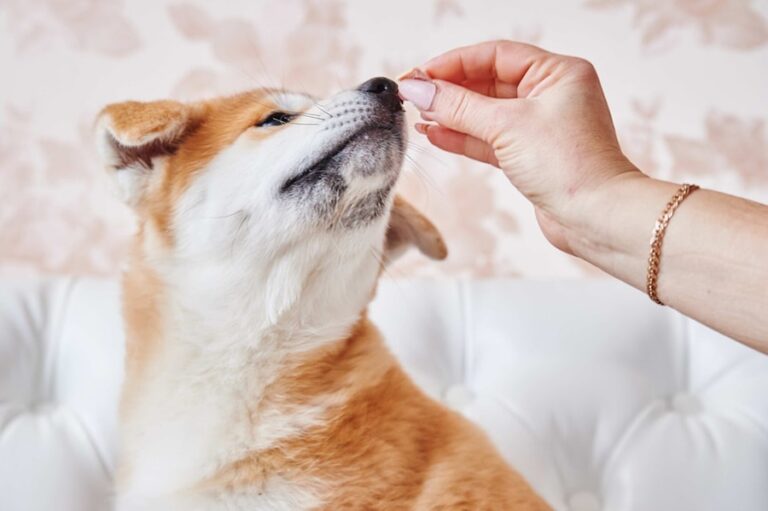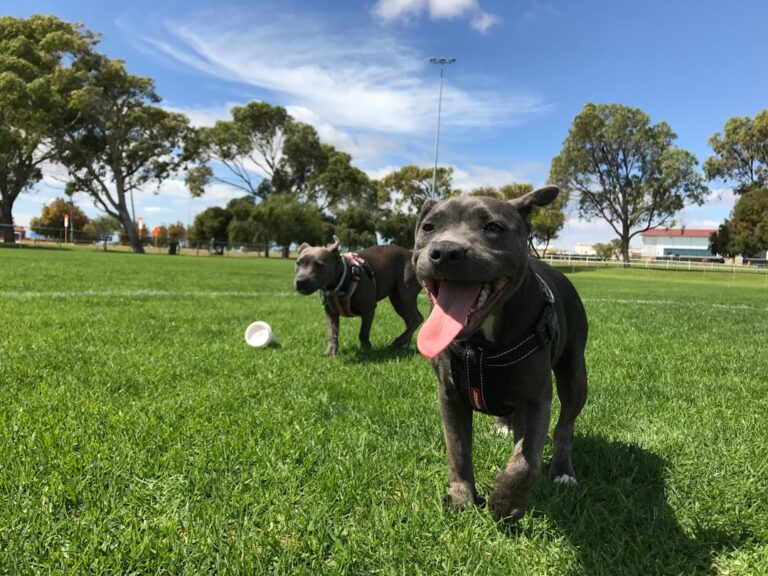The bond between humans and animals has existed for millennia, with pets serving as companions, helpers, and sources of joy. In contemporary society, pets have become integral members of many households, providing emotional support and companionship. The choice of pet varies widely, influenced by factors such as lifestyle, living space, and personal preferences.
From the loyal dog to the serene fish tank, each type of pet offers unique benefits and challenges. Understanding the characteristics and needs of different pets can help prospective owners make informed decisions that align with their lifestyles. The popularity of certain pets often reflects cultural trends and societal values.
For instance, dogs have long been celebrated for their loyalty and protective instincts, while cats are often appreciated for their independence and low-maintenance nature. Meanwhile, smaller animals like hamsters and guinea pigs have gained traction among families with children due to their manageable size and playful demeanor. As we delve into the world of popular pets, we will explore the distinct qualities that make each type appealing, as well as the responsibilities that come with pet ownership.
Key Takeaways
- Dogs are known as man’s best friend for their loyalty and companionship.
- Cats are independent yet affectionate pets that can provide comfort and companionship.
- Fish are low maintenance pets that can provide a relaxing and calming presence in a home.
- Birds are colorful and chatty companions that can bring joy and entertainment to a household.
- Small mammals are cute and cuddly pets that can be great for families with children.
Dogs: Man’s Best Friend
The Diversity of Breeds
This diversity in breeds means that potential dog owners can choose from a wide array of sizes, temperaments, and energy levels to find a perfect match for their lifestyle.
The Importance of Training
Training is a significant aspect of dog ownership. Many breeds thrive on mental stimulation and physical activity, making obedience training essential not only for good behavior but also for the dog’s overall well-being. For example, working breeds like Border Collies require rigorous exercise and mental challenges to prevent boredom and destructive behavior. Conversely, smaller breeds such as French Bulldogs may be more suited to apartment living and require less exercise but still benefit from regular walks and playtime.
Strengthening the Bond
The bond formed through training can enhance the relationship between dog and owner, fostering trust and understanding.
Cats: Independent and Affectionate

Cats are often seen as the epitome of independence among pets. Unlike dogs, which typically seek constant companionship and approval from their owners, cats are more self-sufficient creatures. They can entertain themselves for hours, making them ideal for individuals with busy lifestyles or those who may not be home frequently.
However, this independence does not mean that cats are devoid of affection; many cats form strong bonds with their owners and enjoy cuddling or sitting on laps. The variety of cat breeds also contributes to their popularity. From the playful Siamese to the laid-back British Shorthair, each breed has its own unique personality traits.
Some cats are more social and enjoy interacting with people, while others may prefer solitude or the company of other cats. Understanding these differences is crucial for potential cat owners to ensure they select a breed that aligns with their expectations for companionship. Additionally, providing enrichment through toys, scratching posts, and climbing structures can help keep indoor cats mentally stimulated and physically active.
Fish: Low Maintenance and Relaxing
| Species | Minimum Tank Size | Water Temperature | Feeding |
|---|---|---|---|
| Betta Fish | 2.5 gallons | 75-80°F | Pellets, flakes, or live food |
| Goldfish | 20 gallons for single, 30 gallons for pair | 65-72°F | Pellets, flakes, or live food |
| Tetra Fish | 10 gallons | 72-78°F | Flakes, pellets, or live food |
For those seeking a pet that requires less hands-on interaction, fish can be an excellent choice. Aquariums offer a tranquil environment that can enhance any living space while providing a unique form of companionship. The mesmerizing movement of fish swimming gracefully through water can be incredibly soothing, making fishkeeping a popular hobby for individuals looking to reduce stress or create a calming atmosphere in their homes.
While fish are often perceived as low-maintenance pets, they still require careful attention to their environment. Proper tank size, water quality, and temperature are critical factors in maintaining a healthy aquatic ecosystem. For instance, tropical fish like neon tetras thrive in warm water with specific pH levels, while goldfish require larger tanks due to their size and waste production.
Additionally, regular feeding schedules and tank cleaning are essential to prevent health issues among fish populations. Understanding these requirements is vital for anyone considering adding fish to their household.
Birds: Colorful and Chatty Companions
Birds have captivated humans for centuries with their vibrant colors and melodious songs. From parakeets to cockatoos, avian companions offer a unique blend of beauty and personality that can brighten any home. Many bird species are known for their intelligence and ability to mimic sounds or even human speech, making them engaging companions for those who appreciate interactive pets.
Caring for birds involves understanding their social needs and providing an enriching environment. Many species thrive in pairs or small groups, as they are naturally social creatures. For example, budgerigars (budgies) are often happier when kept in pairs or small flocks rather than alone.
Additionally, providing toys, perches, and opportunities for flight can help keep birds mentally stimulated and physically active. Owners must also be aware of dietary needs; a balanced diet consisting of seeds, pellets, fruits, and vegetables is essential for maintaining a bird’s health.
Small Mammals: Cute and Cuddly

Small mammals such as hamsters, guinea pigs, rabbits, and ferrets have gained popularity as pets due to their adorable appearances and manageable sizes. These animals often require less space than larger pets like dogs or cats, making them suitable for apartment living or homes with limited outdoor access. Their playful nature can provide endless entertainment for families or individuals seeking companionship without the commitment required by larger animals.
Each type of small mammal has its own specific care requirements that potential owners should consider before bringing one home. For instance, guinea pigs are social animals that thrive in pairs or groups; they require ample space to roam and explore as well as a diet rich in hay and fresh vegetables. On the other hand, hamsters are generally solitary creatures that prefer individual housing but need plenty of enrichment in the form of tunnels and toys to keep them engaged.
Understanding these nuances is crucial for ensuring the well-being of small mammals in captivity.
Reptiles: Unique and Fascinating
Reptiles offer a distinct alternative to traditional pets like dogs or cats. With their unique physical characteristics and behaviors, reptiles such as snakes, lizards, turtles, and geckos can be fascinating companions for those willing to learn about their specific care needs. Many reptile enthusiasts appreciate the low-maintenance aspect of these animals compared to more traditional pets; however, they still require specialized environments that mimic their natural habitats.
For example, bearded dragons need a carefully controlled environment with specific temperature gradients to thrive; they also require UVB lighting to support their metabolic processes. Turtles need aquatic environments with clean water and basking areas to maintain their health. Potential reptile owners must invest time in researching the specific needs of the species they are interested in keeping to ensure they can provide appropriate care throughout the animal’s life.
Conclusion and Choosing the Right Pet
Selecting the right pet is a significant decision that requires careful consideration of various factors including lifestyle, living situation, and personal preferences. Each type of pet offers unique benefits and challenges that can impact both the owner’s experience and the animal’s well-being. Understanding the characteristics of popular pets—from dogs’ loyalty to fish’s tranquility—can help individuals make informed choices that lead to fulfilling relationships with their chosen companions.
Ultimately, the best pet is one that aligns with an individual’s lifestyle while also meeting the needs of the animal itself. Whether it’s the playful antics of a dog or the serene beauty of an aquarium filled with colorful fish, each pet has something special to offer its owner. By taking the time to research different types of pets and understanding their care requirements, prospective pet owners can embark on a rewarding journey filled with companionship and joy.












